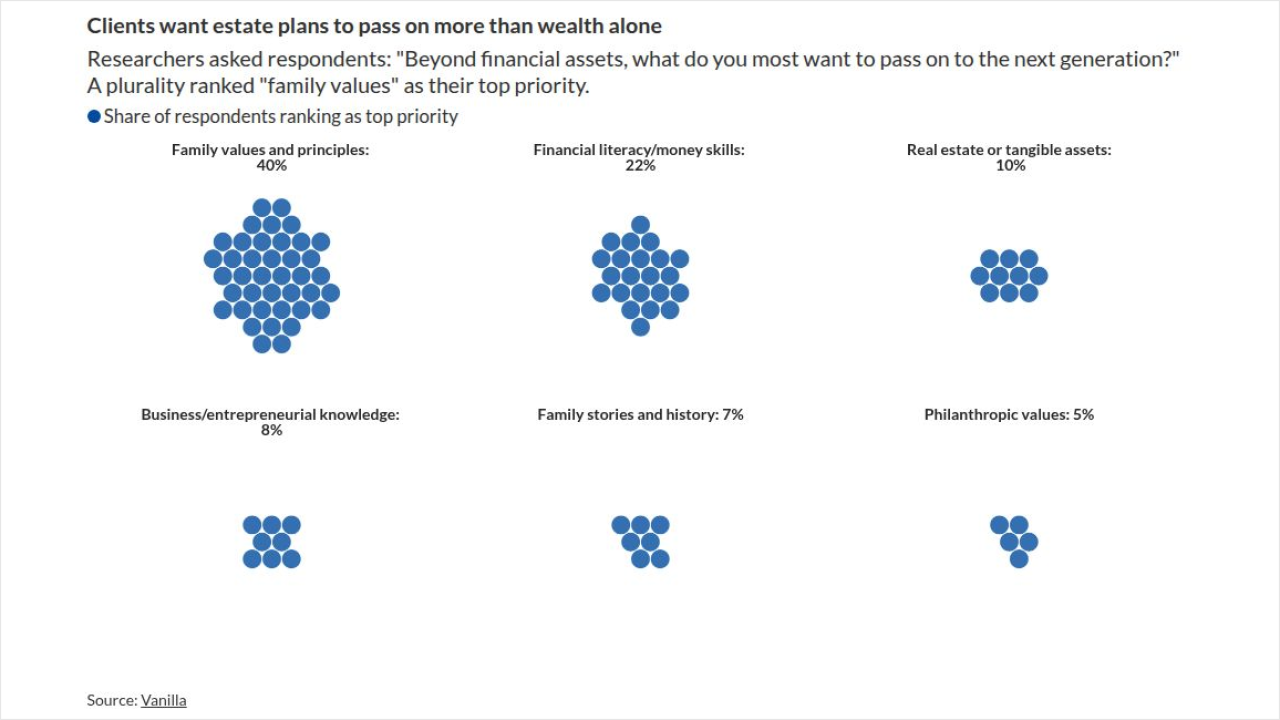As the saying goes, fool me once, shame on you. Fool me twice, shame on me.
This has become the jaded perspective of investors warming up to the real estate investment trust (REIT) and commercial real estate markets. After guilelessly buying into subprime derivatives that unleashed the worldwide recession of 2008-2009-only to discover the underlying mortgages were junk-investors have now gone to the other extreme.
This was one of the key findings of a Deloitte web seminar titled, "Real Estate Funds: Unlocking Value in a Very Different Environment," on the eve of the Investment Company Institute's Tax and Accounting Conference this week in Palm Desert, Calif.
Five Deloitte partners are scheduled to speak at the conference, including Eric Byrnes, national tax managing director, registered investment companies.
Today's real estate investors, the Deloitte seminar revealed, are now extraordinarily vigilant about the quality-and the underlying conditions and details of-real estate assets before they buy.
Thus, to succeed in today's institutional real estate investment market, fund complexes and private equity firms must offer true transparency and well-documented, independently verified fair value. In most cases, Deloitte said, investors now view transparency as more important than performance.
Deloitte's report certainly is timely, as the outlook for commercial real estate has been markedly improving in recent weeks.
Commercial real estate development giant CB Richard Ellis maintains that as long as the economy and consumer confidence remain steady, real estate will "perform better than the country's volatile stock market because investors value its intrinsic quality"-and, once again, appreciate its intrinsic tangible value.
While the stock market is set to become increasingly volatile during the current economic downturn, according to CB Richard Ellis, commercial real estate can deliver far more consistent returns. And this, CB Richard Ellis says, will make REITS and other high-quality, income-producing commercial real estate in primary markets a preferred asset class.
Certainly, in the second quarter, there were noteworthy signs of a turnaround. Twenty-six of the 31 flagship CoStar Commercial Repeat Sale Indices rose-including an 11.9% increase in the prices of investment grade real estate.
The biggest increase in prices in 2Q11 was for office buildings, rising 17.4% from the previous quarter. In the 10 largest U.S. markets, prices surged 20.1%.
"Investors have been significantly increasing their direct investments in commercial real estate this year, based on the expectation of improving market fundamentals and low yields on alternative investments," said CoStar Senior Strategist Chris Macke.
To maintain this momentum, Deloitte found from a survey of institutional investors, managers should offer mainstream assets. Eighty-five percent of investors in private real estate funds said they preferred core strategies. Only 29% sought out debt-related and only 26% preferred distressed investments.
Investors have become more discerning, too. They demand:
* Meticulous Records. Investors today expect asset managers to carefully document and maintain investment yield and working capital cash flow track records, according to Bob O'Brien, vice chair of Deloitte's U.S. real estate services practice.
This means going well beyond the investment's overall asset management strategy to provide details on property management and investment returns. Investors want to know, for instance, about lease conditions-the quality of tenants and related receivables, occupancy rates and industry benchmarks. Investors also want to see an analysis of property service costs.
For projects under development, this means disclosing projected cash flows, prior revaluations, capitalization and amortization, Deloitte said.
* Timely Communication. Make sure that investors receive timely and effective communications-especially financial and tax reports, Deloitte says.
Investors are looking for more, more and more information, O'Brien said. They want to see minutiae on property operation, fund-level cash flow, investor-level cash flow-and all of the valuation methodologies and assumptions used.
Nonetheless, Deloitte said, when presenting these figures, it is critical for asset managers to translate generally accepted accounting principles (GAAP) into plain English.
And, O'Brien added: "Once and for all, explain Fair Value."
* Well-Respected Brands. If an asset management firm doesn't already have a recognizable and trusted brand, today it is critical that they "establish, promote and protect a brand that exudes quality, skill and integrity," O'Brien said.
* Proof of Regulatory Compliance. A successful REIT, private equity or other institutional real estate offering must also offer proof of a robust operational and compliance infrastructure with appropriate governance and controls.
* Credible Partners. "Build and maintain an eminent and well-regarded team of trusted advisors, including bankers, accountants, lawyers, third-party appraisers, auditors and other specialists," according to the Deloitte report.
* Suitable Tax Profile. Asset managers must be sure to offer the appropriate fund and investment structuring for each investor, Deloitte said. Tax-exempt investors, for instance, are often concerned about the Unrelated Business Income Tax (UBIT), which only permits certain types of income to be tax-free. To quality for UBIT status, real estate income must come from passive-type investments.
Likewise, Deloitte, noted, various types of real estate investments have both benefits and shortfalls for different types of investors, be the offering a partnership, a limited liability corporation, a REIT or a Blocker corporation.
In general, asset managers must be prepared to clearly disclose potential tax exposures for both income and non-income taxes, Deloitte said.
* Financing. UBITs and REITs are complicated structures that in some cases permit debt financing, joint ventures, tax depreciation and loss write-offs. Deloitte advises investment advisors to consult carefully with their accounting and legal partners on the strategy that makes the best sense for their fund.
* Exit Strategies. Finally, Deloitte said, to attract capital in today's real estate investment market, it is critical to illustrate upfront to prospects the planned exit strategy.
That could mean either an open- or close-ended fund, like-kind exchanges, initial public offerings, joint venture recapitalizations or other refinancing options or an outright sale.





